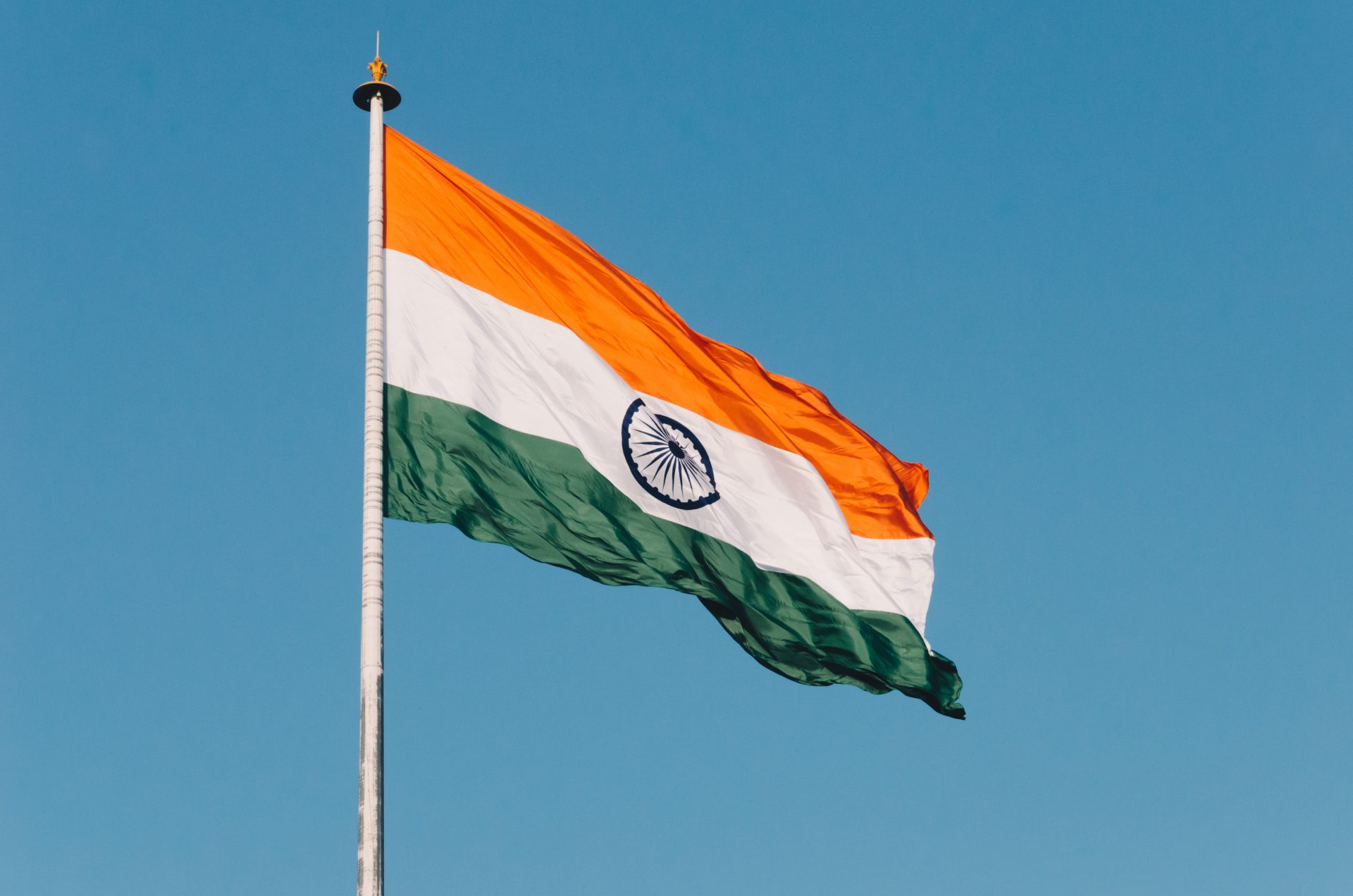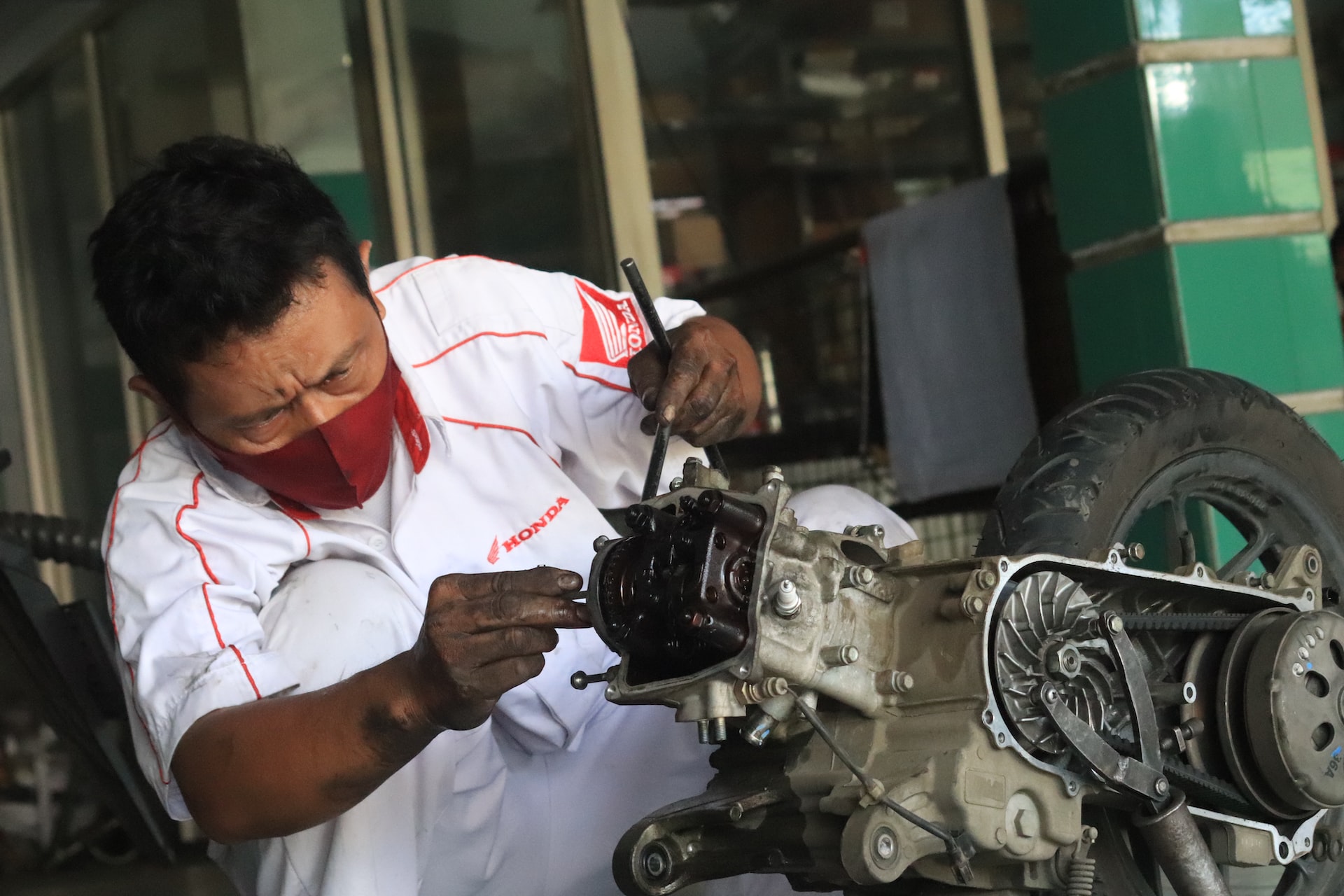India’s Historic Leap: 33% Reservation for Women in Parliament
As India celebrates Navratri, a nine-night festival dedicated to the worship of female deities, it is fitting that the country has also marked a significant milestone in its political landscape. India, the world’s largest democracy, has approved a groundbreaking law with an overwhelming majority of votes in both houses of parliament: a 33% reservation for women in parliament. This progressive step, aimed at empowering women and ensuring their active participation in the decision-making processes of the nation, signifies a significant turning point in India’s political landscape.
Historical Perspective
India’s journey towards gender equality in politics has been a long and arduous one. Since gaining independence in 1947, the country has made strides in various sectors, but political representation for women has lagged behind. The low participation of women in parliament has been a matter of concern for decades, highlighting the need for affirmative action.
Over the years, there have been several initiatives and discussions surrounding women’s reservation in parliament. One of the most significant steps was the introduction of the Women’s Reservation Bill in 1996, which aimed to reserve 33% of seats for women in the Lok Sabha, the lower house of India’s parliament. However, the bill faced numerous roadblocks and political opposition, preventing its passage into law for many years.
The Importance of Women’s Representation
The importance of women’s representation in parliament cannot be overstated. It is not just a matter of numerical parity but a fundamental aspect of a healthy and vibrant democracy.
Diverse Perspectives: Women bring unique perspectives and experiences to the table. Their inclusion in decision-making processes ensures that a broader range of issues, including those specific to women, are addressed.
Gender-Specific Policies: Women in politics can advocate for policies and reforms that directly impact women’s lives, such as improved healthcare, education, and gender-sensitive legislation.
Role Models: Increased representation of women in politics can serve as role models for young girls and women, inspiring them to pursue leadership positions and break gender stereotypes.
Balanced Decision-Making: A balanced gender ratio in parliament promotes more inclusive and comprehensive decision-making, resulting in better policies that benefit society as a whole.
Enhanced Democracy: A democracy truly reflects the will of the people when it includes the perspectives of all its citizens, regardless of gender.
Examples of Challenges Faced by Women in Indian Politics
Despite the clear benefits of women’s representation in politics, women in India have faced numerous challenges when entering the political arena.
Violence and Threats: Women in Indian politics have often faced physical violence and threats. For instance, Trinamool Congress leader and former West Bengal Chief Minister, Mamata Banerjee, reported being attacked by political opponents during her political career.
Gender Stereotypes: Female politicians in India are incessantly plagued by deeply entrenched gender-based stereotypes. Prominent figures like Priyanka Gandhi Vadra have spoken vociferously about the challenges of navigating the shadows of their illustrious forebears.
Online Harassment: An alarming number of female politicians, including Sunanda Pushkar, a political figure in her own right and the wife of Shashi Tharoor, have borne the brunt of online harassment. Such abuse manifests in various forms, ranging from threats to derogatory comments.
Lack of Support: Female politicians often struggle to secure unequivocal support from their political parties. Kirron Kher, a Member of Parliament, has candidly shared her experiences of grappling with internal party challenges and the unrelenting need to continuously prove her mettle.
Resource Constraints: Women navigating the labyrinth of Indian politics may also face financial hurdles in the pursuit of their political careers. Poonam Mahajan, a Member of Parliament, has discussed the difficulties of securing campaign funding, particularly for women hailing from non-political backgrounds.
These real examples from Indian female politicians illustrate the challenges they have faced, including violence, gender bias, online harassment, and the need for support and resources. These challenges underscore the importance of addressing gender disparities and creating a more inclusive and supportive political environment for women in India.
The 33% Reservation: A Transformative Step
The decision to reserve 33% of parliamentary seats for women is a transformative step in addressing these challenges and promoting gender equality in politics. This policy has the potential to bring about several positive changes in India’s political landscape:
Breaking Stereotypes: By reserving a substantial number of seats for women, this policy challenges traditional gender roles and stereotypes, signalling that women are as capable and deserving of leadership positions as men.
Political Empowerment: The policy empowers women by giving them a direct stake in governance. It encourages more women to enter politics, overcome barriers, and actively participate in shaping the nation’s future.
Policy Impact: With increased representation, issues that disproportionately affect women, such as healthcare, education, and violence against women, are more likely to be prioritized and addressed effectively.
Role Models: Women who succeed in politics will serve as role models, inspiring others to follow in their footsteps and gradually changing societal attitudes towards women in leadership roles.
Enhanced Democracy: A more inclusive parliament will lead to better decision-making, as diverse voices and perspectives contribute to a more comprehensive understanding of the issues facing the nation.
Implementation Challenges
While the 33% reservation policy is undoubtedly a significant leap forward, its implementation poses certain challenges:
- Resistance from Political Parties: Despite the legal mandate, there may be varying degrees of enthusiasm and commitment among political parties to implement the policy fully, potentially due to concerns about disrupting existing power structures and networks.
- Selection of Candidates: Ensuring that deserving women are chosen as candidates and that the process is not merely symbolic will be crucial to the policy’s success.
- Societal Expectations: Changing societal attitudes towards women in politics will take time. Efforts to raise awareness and challenge stereotypes must accompany the policy.
- Ensuring Genuine Participation: To achieve meaningful participation, it is essential to address issues such as violence and harassment faced by women in politics.
- Balancing with Other Forms of Diversity: While gender diversity is critical, it is also important to ensure representation for marginalized groups, including caste, religion, and ethnicity.
- Addressing Misuse of Laws: Previous attempts at empowering women have occasionally had unintended consequences, notably the misuse of certain laws like Section 498A of the Indian Penal Code. Striking the right balance between safeguarding women’s rights and averting misuse is a critical facet of policy implementation.
- False #MeToo Allegations: In the evolving landscape of Indian politics, there is a likelihood of false flag personal attacks, akin to instances of #MeToo allegations, which may not reach the courts or be proven but could be strategically deployed right before elections to gain or sabotage political grounds. These evolving dynamics underscore the need for a nuanced approach to gender equality in politics, one that safeguards against misuse while promoting genuine empowerment.
- Comprehensive Reforms: Alongside the reservation policy, comprehensive legal reforms may be necessary to address the shortcomings of certain laws and ensure that they are not misused.
- Balancing Empowerment with Responsibility: Empowering women in politics should go hand in hand with promoting responsible leadership. Elected representatives, irrespective of gender, must be held accountable for their actions and decisions, ensuring that the trust of the electorate is upheld.
The Road Ahead
This policy should be seen as a catalyst for broader societal change, challenging traditional gender norms and inspiring more women to participate in politics. As women’s voices become more prominent in India’s parliament, the nation can look forward to more comprehensive and equitable policies that benefit all its citizens.
Nevertheless, it’s essential to recognize that the true impact of this policy will unfold over time. The world’s largest democracy adopting such a provision could be a monumental step towards more inclusive and collaborative leadership. Still, it could also become a tipping point in the ongoing discourse of postmodernism, as societies grapple with evolving dynamics in politics, identity, and representation. The journey towards greater gender equality in politics is not without its challenges, but India’s bold move sets a powerful example for democracies around the world to follow in the pursuit of a more just and equitable future. Time will indeed be the ultimate judge of this momentous decision and its consequences.




